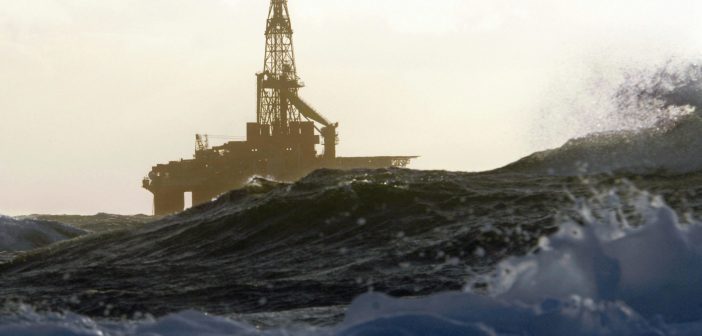The cost of a barrel of oil has topped $70 for the first time in just over three years, prompting a motoring group to say it is “fearful” of fuel price rises.
The RAC signalled pump costs were likely to reflect the march of Brent crude – damaging the economy at a time drivers and businesses could ill afford it.
Oil prices have been steadily rising since the major OPEC group of oil-producing nations, along with Russia, agreed last autumn to maintain production cuts – credited with lifting prices last year as they intended.
The expectation has been that US producers would fill the void – encouraged by the price boost – providing some balance to the market.
But Brent rose further this week when figures showed US output was damaged by recent winter storms, while stockpiles were also found to be lower than the market had expected.
A stronger world economy and instability in some key oil-producing countries, particularly Iran, has also underpinned the price rises.
Oil at $70 will be welcome relief for oil majors and nations such as Russia and Saudi Arabia who rely on their oil revenues for the vast majority of their incomes.
Brent was trading below $30 in early 2016 as a result of a massive supply glut and weaknesses in the world economy.
CMC Markets analyst, David Madden, said: “The price target was being eyed by Brent for some time, and even though the OPEC production cut extension in November formed the basis of the move higher, additional fear factors finally pushed it across the $70 line.”
Petrol costs in the UK are currently hovering near four-year highs – averaging 121p for a litre of petrol and 124p for diesel.
The RAC said a litre of unleaded was up nearly 5p since the beginning of November, with diesel up 3p.
Its fuel spokesman, Simon Williams, said: “$70 a barrel could become the new norm for 2018.
“If oil stays at this level, pump price hikes will be almost inevitable.
“With households across the country still feeling the cost of Christmas, this is not the start to 2018 anyone would have wanted.
“It could also negatively affect business and further fuel inflation.”

